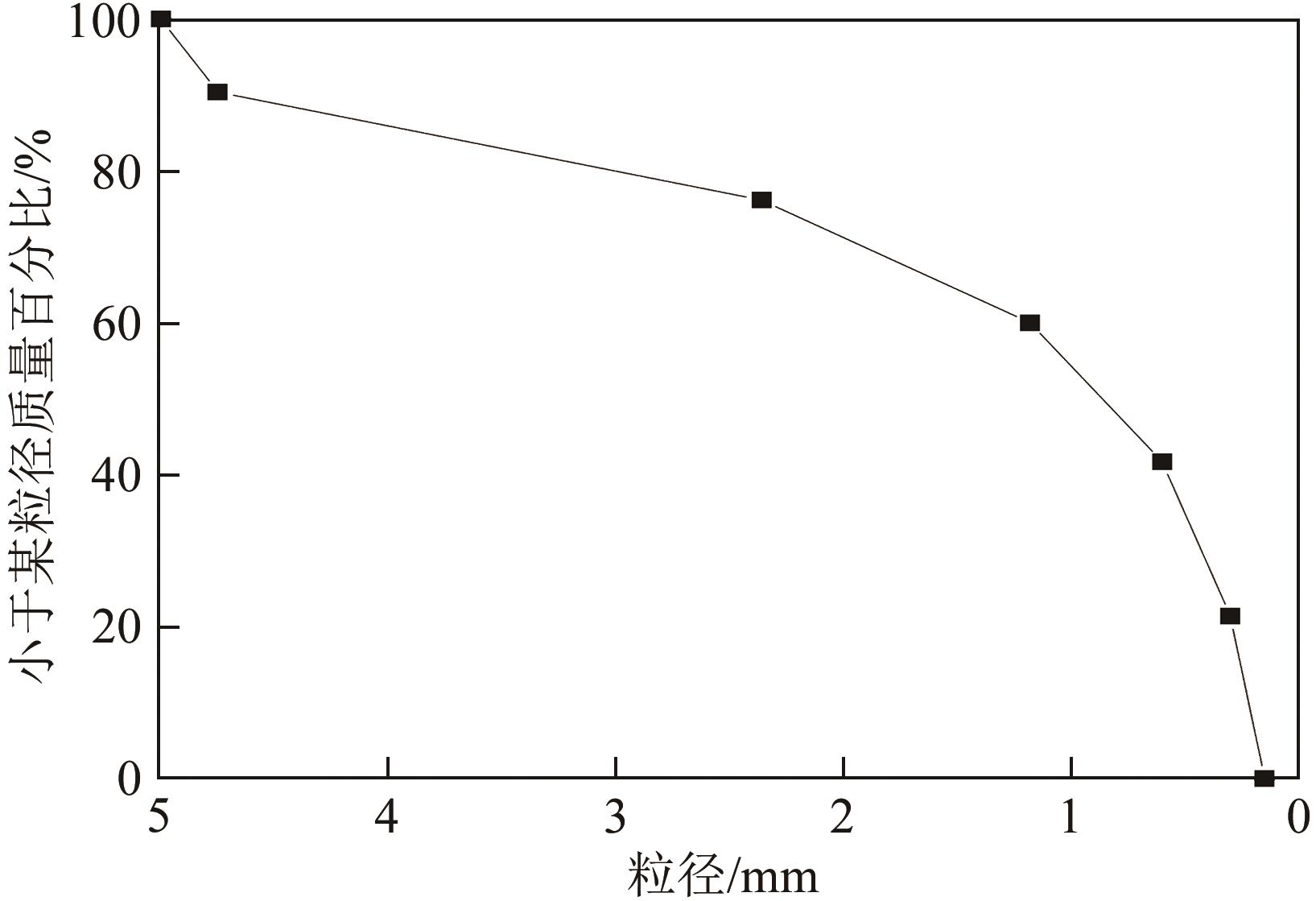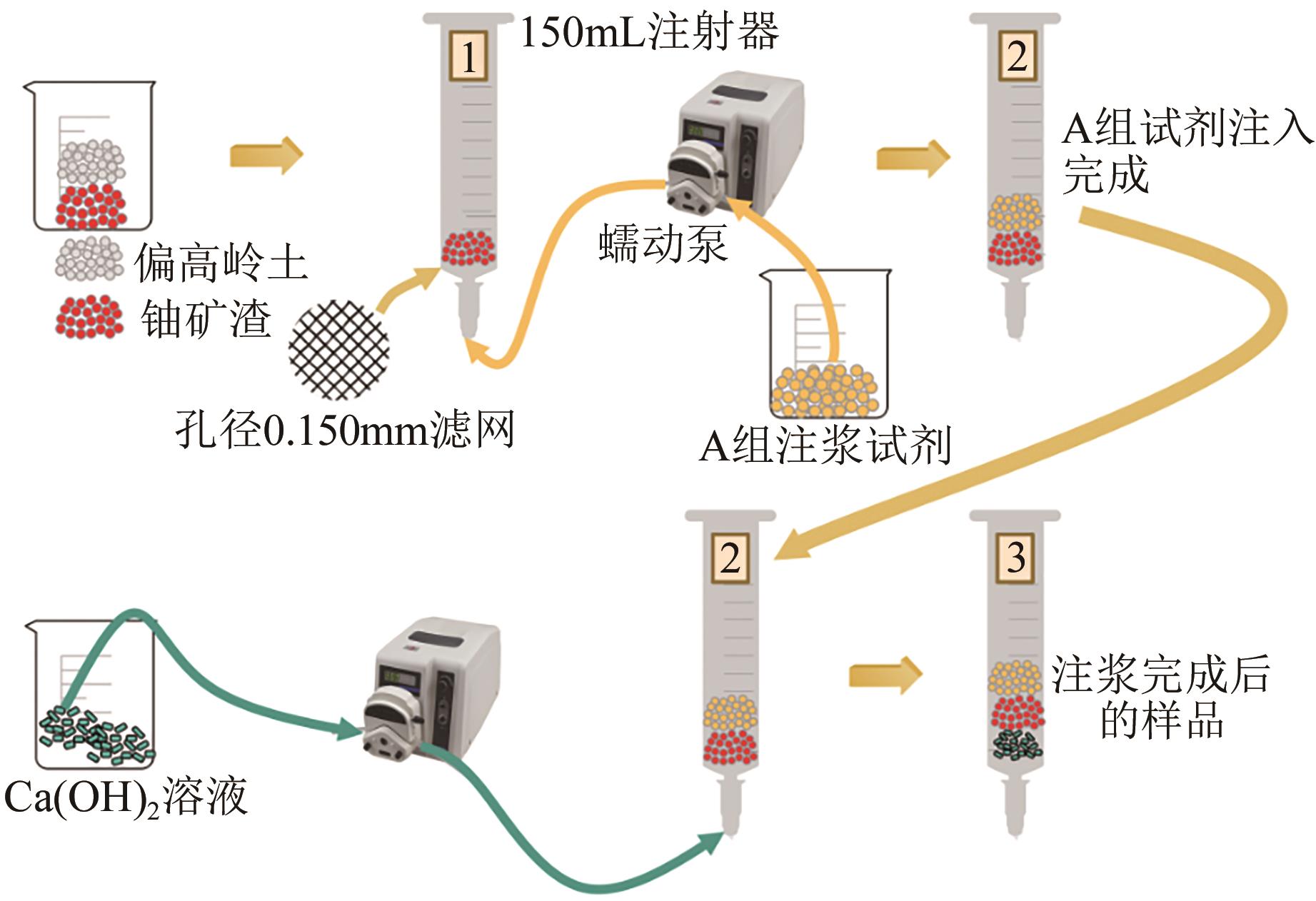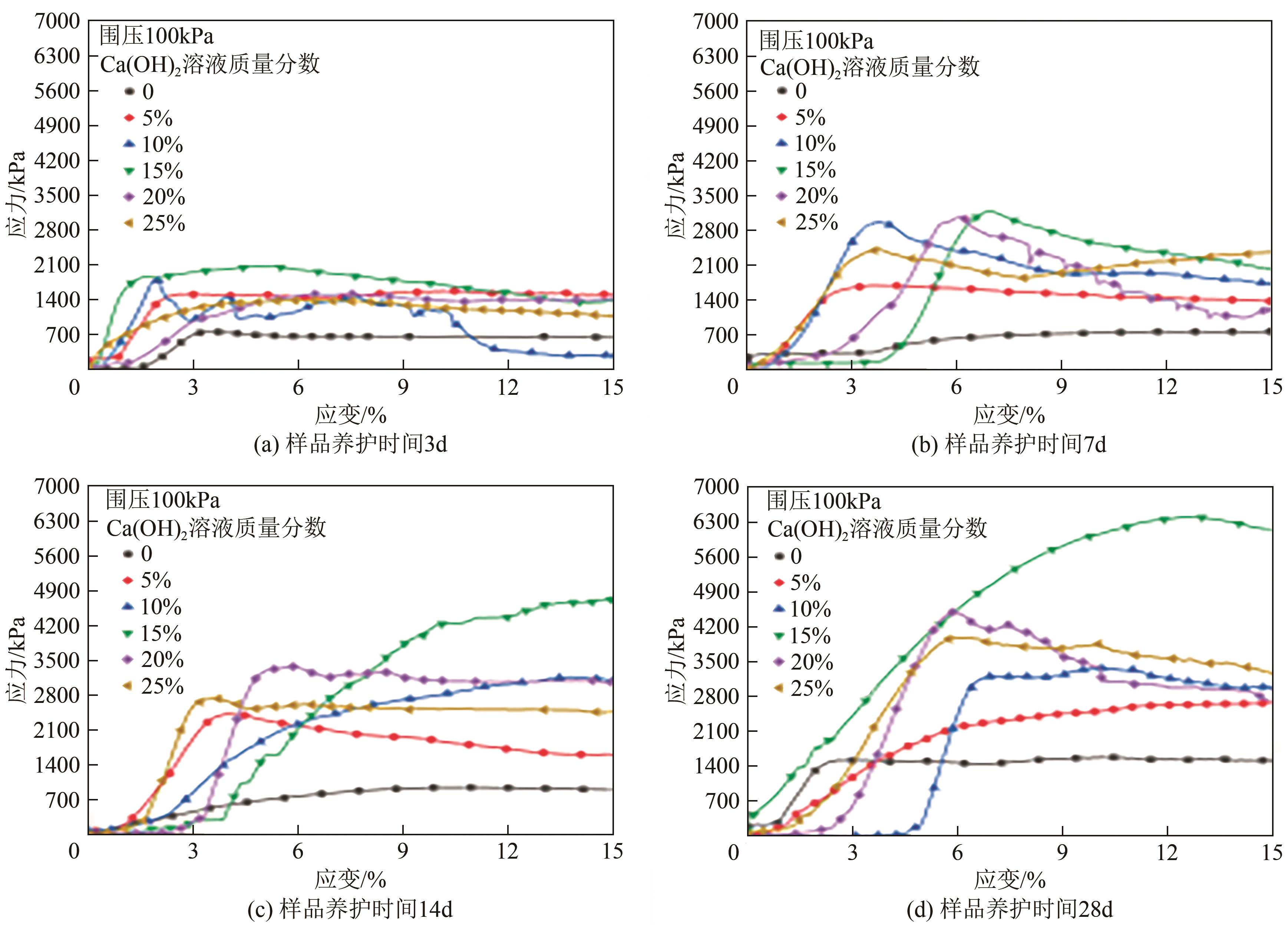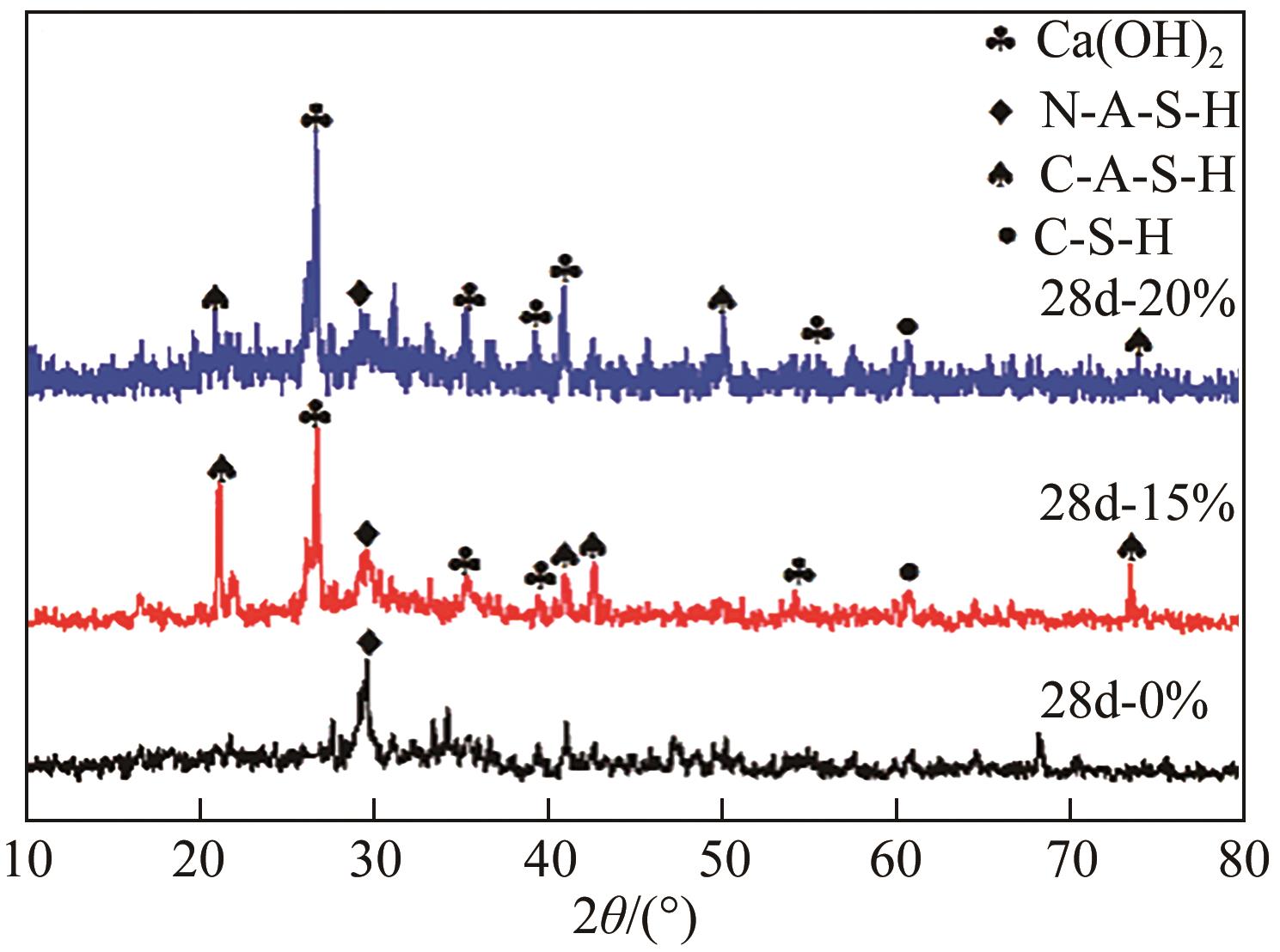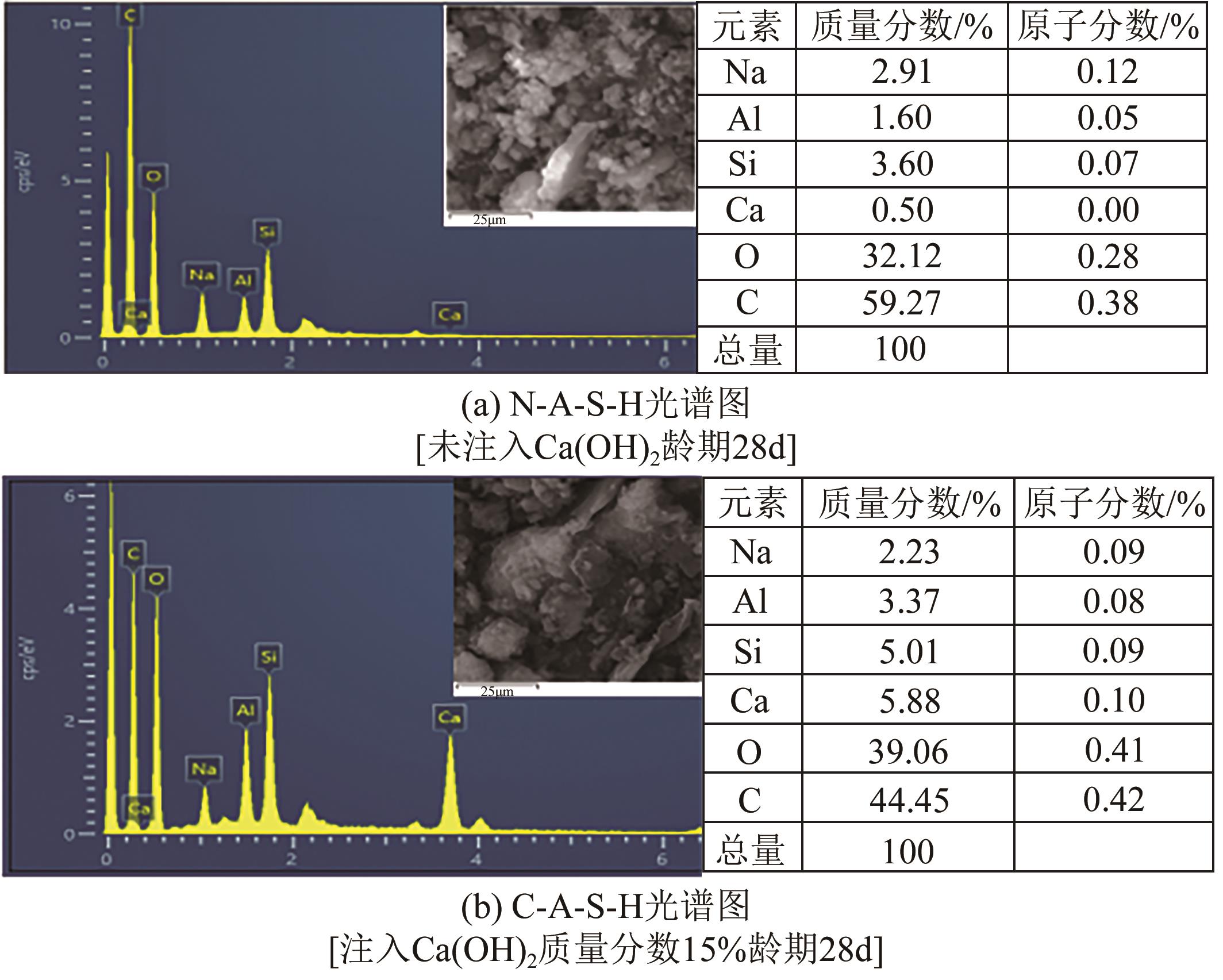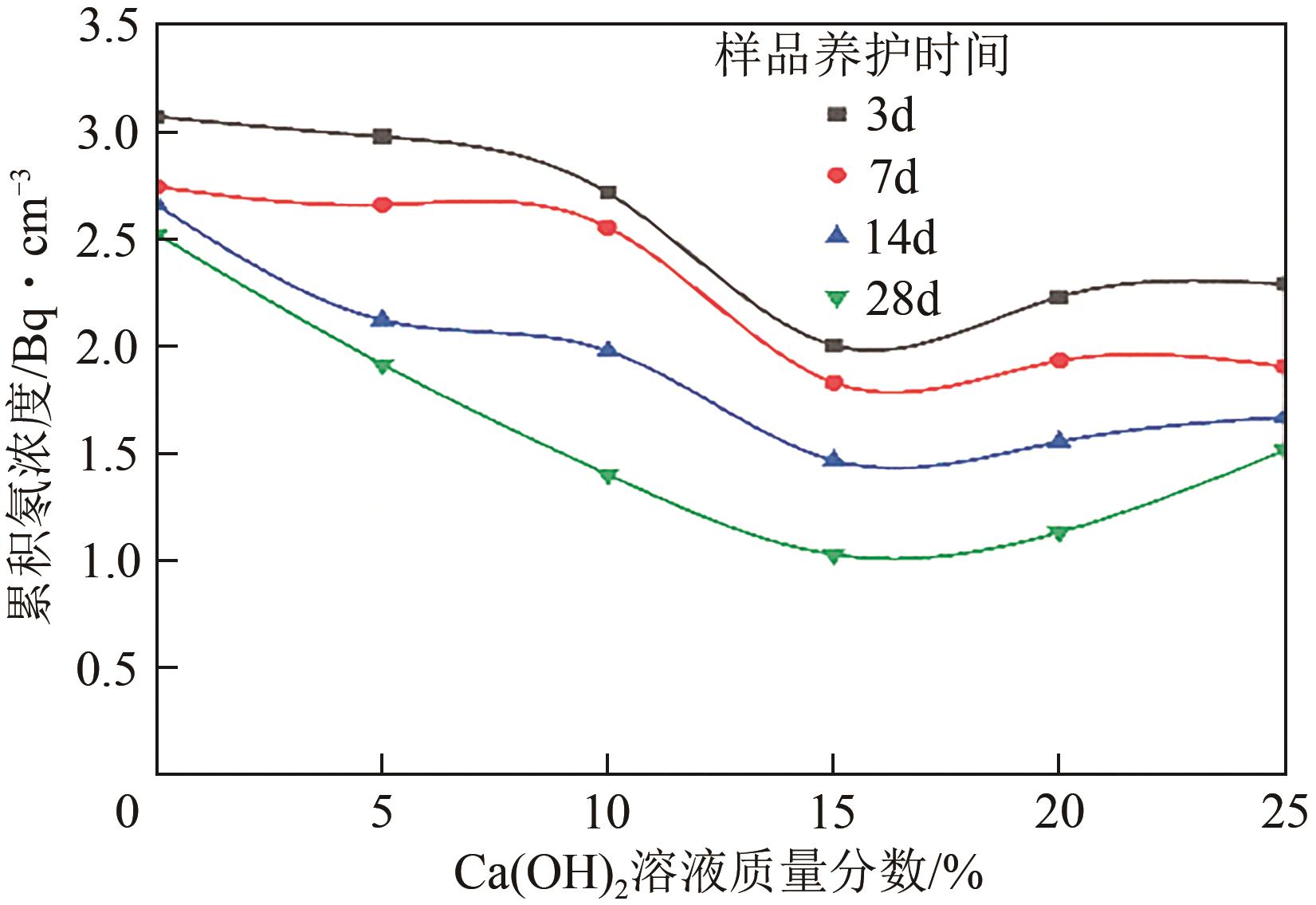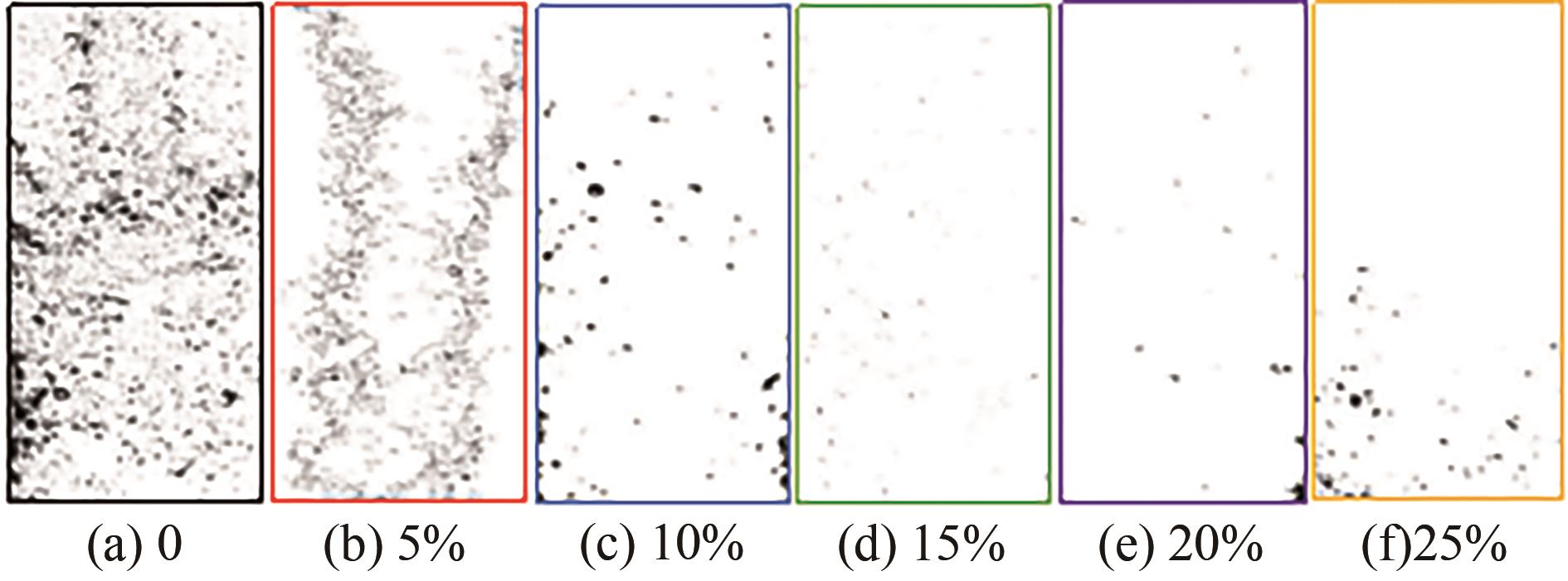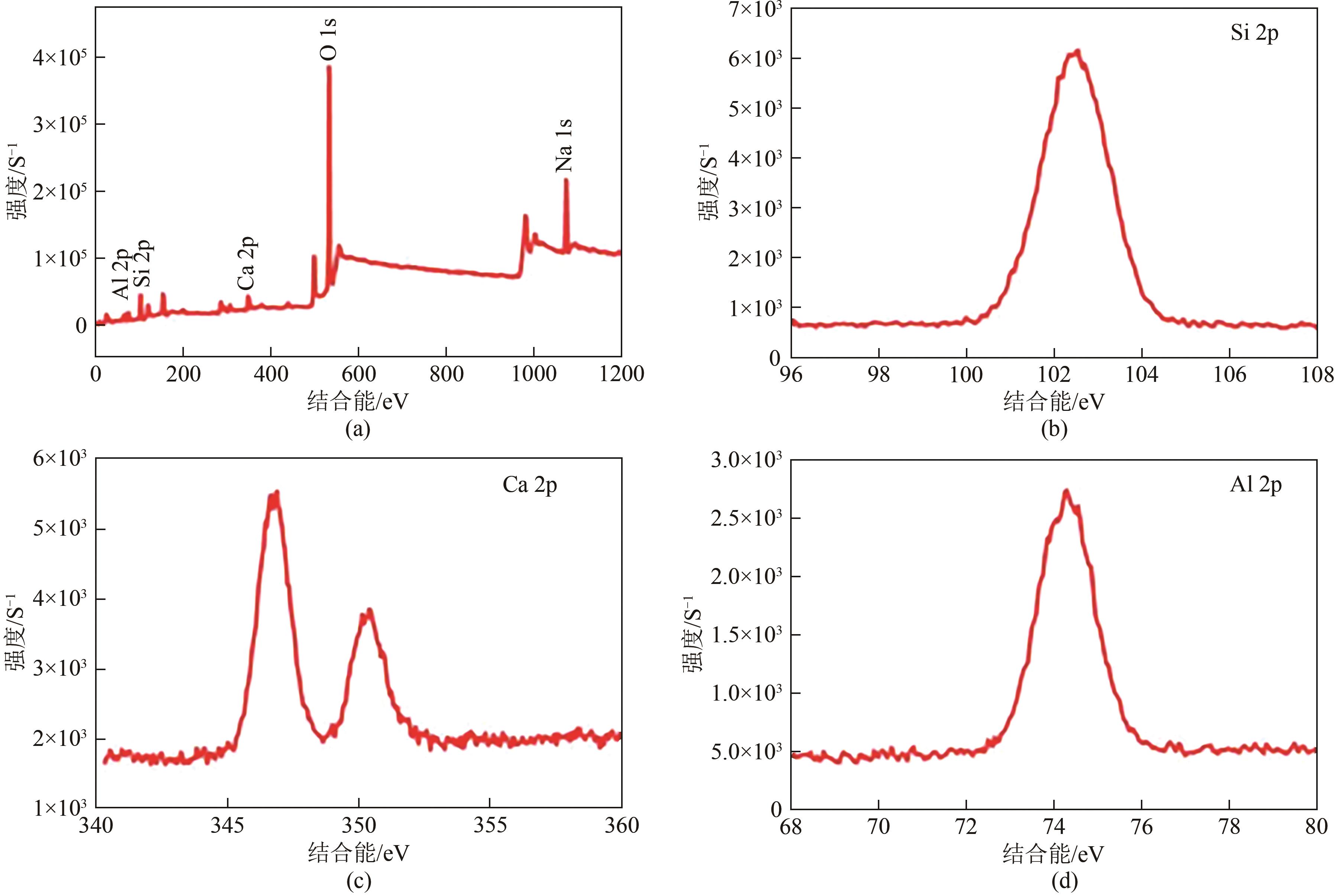| 1 |
TAN Kaixuan, LIU Zehua, XIA Liangshu, et al. The influence of fractal size distribution of covers on radon exhalation from uranium mill tailings[J]. Radiation Measurements, 2012, 47(2): 163-167.
|
| 2 |
LI Guangyue, HU Nan, DING Dexin, et al. Screening of plant species for phytoremediation of uranium, thorium, barium nickel, strontium and lead contaminated soils from a uranium mill tailings repository in South China[J]. Bulletin of Environmental Contamination and Toxicology, 2011, 86(6): 646-652.
|
| 3 |
STOJANOVIĆ Mirjana D, MIHAJLOVIĆ Marija L, MILOJKOVIĆ Jelena V, et al. Efficient phytoremediation of uranium mine tailings by tobacco[J]. Environmental Chemistry Letters, 2012, 10(4): 377-381.
|
| 4 |
姚凯, 李青, 王鹏淮, 等. 硬脂酸钠对碱激发矿渣-赤泥胶凝材料吸水速率的影响[J]. 硅酸盐通报, 2023, 42(5): 1778-1784, 1803.
|
|
YAO Kai, LI Qing, WANG Penghuai, et al. Effect of sodium stearate on water absorption rate of alkali-activated slag-red mud cementitious material[J]. Bulletin of the Chinese Ceramic Society, 2023, 42(5): 1778-1784, 1803.
|
| 5 |
NAVARRO-BLASCO I, DURAN A, SIRERA R, et al. Solidification/stabilization of toxic metals in calcium aluminate cement matrices[J]. Journal of Hazardous Materials, 2013, 260: 89-103.
|
| 6 |
匡雅, 邹树梁, 徐立国, 等. 搅拌参数对放射性废液水泥固化体性能的影响[J]. 原子能科学技术, 2019, 53(2): 234-242.
|
|
KUANG Ya, ZOU Shuliang, XU Liguo, et al. Effect of mixing parameter on property of cement solidified radioactive waste form[J]. Atomic Energy Science and Technology, 2019, 53(2): 234-242.
|
| 7 |
JIANG Fuliang, WANG Zhe, CHEN Guan, et al. Experimental study of pore characteristics and radon exhalation of uranium tailing solidified bodies in acidic environments[J]. Environmental Science and Pollution Research, 2021, 28(16): 20111-20120.
|
| 8 |
王亚超. 碱激发粉煤灰基地质聚合物强化增韧及耐久性能研究[D]. 西安: 西安建筑科技大学, 2014.
|
|
WANG Yachao. Investigations on reinforcing, toughening and durability of alkali-activated fly ash-based geopolymer[D]. Xi’an: Xi’an University of Architecture and Technology, 2014.
|
| 9 |
王玲玲, 司晨玉, 李畅, 等. 氢氧化钾-钠水玻璃激发剂对碱激发矿渣胶凝材料性能的影响[J]. 硅酸盐通报, 2022, 41(8): 2654-2662.
|
|
WANG Lingling, SI Chenyu, LI Chang, et al. Effect of potassium hydroxide-sodium water glass activator on properties of alkali-activated slag cementitious materials[J]. Bulletin of the Chinese Ceramic Society, 2022, 41(8): 2654-2662.
|
| 10 |
叶家元, 张文生, 史迪. 钙对碱激发胶凝材料的促凝增强作用[J]. 硅酸盐学报, 2017, 45(8): 1101-1112.
|
|
YE Jiayuan, ZHANG Wensheng, SHI Di. Setting acceleration and strength enhancement derived from calcium species for alkali-activated cementitious materials[J]. Journal of the Chinese Ceramic Society, 2017, 45(8): 1101-1112.
|
| 11 |
袁正平, 耿新洋, 王富林. 碱激发冶炼铅渣-偏高岭土复合胶凝材料的制备及水化机理[J]. 硅酸盐通报, 2022, 41(5): 1724-1733.
|
|
YUAN Zhengping, GENG Xinyang, WANG Fulin. Preparation and hydration mechanism of alkali-activated lead smelting slag-metakaolin composite cementitious materials[J]. Bulletin of the Chinese Ceramic Society, 2022, 41(5): 1724-1733.
|
| 12 |
YLINIEMI Juho, PESONEN Janne, TIAINEN Minna, et al. Alkali activation of recovered fuel-biofuel fly ash from fluidised-bed combustion: Stabilisation/solidification of heavy metals[J]. Waste Management, 2015, 43: 273-282.
|
| 13 |
VANDEVENNE Niels, IACOBESCU Remus Ion, CARLEER Robert, et al. Alkali-activated materials for radionuclide immobilisation and the effect of precursor composition on Cs/Sr retention[J]. Journal of Nuclear Materials, 2018, 510: 575-584.
|
| 14 |
HU Xiang, SHI Caijun, SHI Zhenguo, et al. Compressive strength, pore structure and chloride transport properties of alkali-activated slag/fly ash mortars[J]. Cement and Concrete Composites, 2019, 104: 103392.
|
| 15 |
李爽, 刘青科, 肖啸, 等. 碱激发矿渣/偏高岭土复合材自收缩特性研究[J]. 非金属矿, 2023, 46(1): 91-94.
|
|
LI Shuang, LIU Qingke, XIAO Xiao, et al. Study on the autogenous shrinkage of metakaolin modified alkali-activated slag cement[J]. Non-Metallic Mines, 2023, 46(1): 91-94.
|
| 16 |
WANG J N, YU R, XU W Y, et al. A novel design of low carbon footprint ultra-high performance concrete (UHPC) based on full scale recycling of gold tailings[J]. Construction and Building Materials, 2021, 304: 124664.
|
| 17 |
王大鹏, 吴凯. 碱激发矿渣-金尾矿基泡沫混凝土的制备及其特性研究[J]. 矿业研究与开发, 2023, 43(5): 216-222.
|
|
WANG Dapeng, WU Kai. Study on preparation and properties of alkali activated slag-gold tailings based foam concrete[J]. Mining Research and Development, 2023, 43(5): 216-222.
|
| 18 |
TANTAWY M A, AHMED Salwa A, ABDALLA Elham M, et al. Immobilization of copper ions laden Kaolin waste: Influence of thermal treatment on its immobilization in cement paste[J]. Journal of Material Cycles and Waste Management, 2016, 18(2): 263-272.
|
| 19 |
GUO Xueyi, QIN Hong, TIAN Qinghua, et al. The efficacy of a new iodination roasting technology to recover gold and silver from refractory gold tailing[J]. Journal of Cleaner Production, 2020, 261: 121147.
|
| 20 |
吴燕开, 胡晓士, 胡锐, 等. 烧碱激发钢渣粉在淤泥质土中的试验研究[J]. 岩土工程学报, 2017, 39(12): 2187-2194.
|
|
WU Yankai, HU Xiaoshi, HU Rui, et al. Experimental study on caustic soda-activated steel slag powder in muddy soil[J]. Chinese Journal of Geotechnical Engineering, 2017, 39(12): 2187-2194.
|
| 21 |
王东星, 王宏伟, 邹维列, 等. 碱激发粉煤灰固化淤泥微观机制研究[J]. 岩石力学与工程学报, 2019, 38(S1): 3197-3205.
|
|
WANG Dongxing, WANG Hongwei, ZOU Weilie, et al. Study on microscopic mechanism of solidification of sludge by alkali-activated fly ash[J]. Chinese Journal of Rock Mechanics and Engineering, 2019, 38(S1): 3197-3205.
|
| 22 |
AMER Ismail, KOHAIL Mohamed, EL-FEKY M S, et al. A review on alkali-activated slag concrete[J]. Ain Shams Engineering Journal, 2021, 12(2): 1475-1499.
|
| 23 |
DAI Xiaodi, AYDIN Serdar, YARDIMCI Mert Yücel, et al. Effect of temperature on the fresh and hardened state properties of alkali-activated slag/fly ash mixtures[J]. Materials and Structures, 2023, 56(5): 107.
|
| 24 |
迟凤霞, 韩博, 程沁灵, 等. 激发剂内部参数对碱激发注浆材料性能的影响[J]. 硅酸盐通报, 2021, 40(5): 1751-1759.
|
|
CHI Fengxia, HAN Bo, CHENG Qinling, et al. Effect of internal parameters of activator on performance of alkali-activated grouting material[J]. Bulletin of the Chinese Ceramic Society, 2021, 40(5): 1751-1759.
|
| 25 |
陈柯宇, 吴大志, 胡俊涛. 基于组分的地聚合物胶凝材料反应机理及其制备参数的研究进展[J]. 硅酸盐通报, 2020, 39(7): 2033-2041.
|
|
CHEN Keyu, WU Dazhi, HU Juntao. Advances in the reaction mechanism and preparation parameters of geopolymer binder material based on components[J]. Bulletin of the Chinese Ceramic Society, 2020, 39(7): 2033-2041.
|
| 26 |
邓永锋, 吴子龙, 刘松玉, 等. 地聚合物对水泥固化土强度的影响及其机理分析[J]. 岩土工程学报, 2016, 38(3): 446-453.
|
|
DENG Yongfeng, WU Zilong, LIU Songyu, et al. Influence of geopolymer on strength of cement-stabilized soils and its mechanism[J]. Chinese Journal of Geotechnical Engineering, 2016, 38(3): 446-453.
|
| 27 |
ZHOU Shukui, LI Jiali, RONG Lishan, et al. Immobilization of uranium soils with alkali-activated coal gangue-based geopolymer[J]. Journal of Radioanalytical and Nuclear Chemistry, 2021, 329(3): 1155-1166.
|
| 28 |
WANG Fulin, CHEN Guoliang, JI Lu, et al. Preparation and mechanical properties of cemented uranium tailing backfill based on alkali-activated slag[J]. Advances in Materials Science and Engineering, 2020, 2020: 6345206.
|
 ), 李春光1,2,3(
), 李春光1,2,3( ), 刘振中1,2, 刘龙成2,4
), 刘振中1,2, 刘龙成2,4
 ), LI Chunguang1,2,3(
), LI Chunguang1,2,3( ), LIU Zhenzhong1,2, LIU Longcheng2,4
), LIU Zhenzhong1,2, LIU Longcheng2,4
